Science Visualized
-
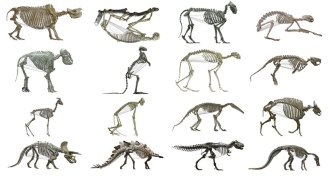 Animals
AnimalsPlant-eating mammals sport bigger bellies than meat eaters
Mammalian plant eaters have bigger torsos than meat eaters, a new analysis confirms, but the same might not have held true for dinosaurs.
-
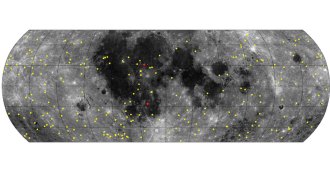 Astronomy
AstronomySurprising number of meteoroids hit moon’s surface
A new analysis of lunar images reveals over 200 new craters and about 47,000 undiscovered “splotches” on the moon.
-
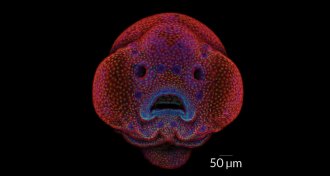 Life
LifeHow to make a fish face, and other photo contest winners
The tiny face of a 4-day-old zebrafish embryo snags the top spot in microscopy photography contest.
-
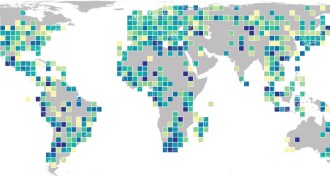 Animals
AnimalsMaps show genetic diversity in mammals, amphibians around the world
Maps of genetic diversity within mammal and amphibian species provide a baseline for understanding the effects of human activity and climate change on animals.
By Kate Travis -
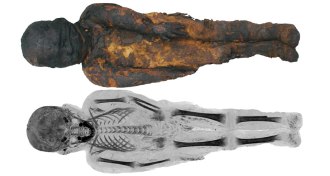 Tech
TechCT scans show first X-rayed mummy in new light
An ancient Egyptian child became the first mummy to be X-rayed in 1896. Today, CT scans reveal new insights into the child’s life — and death.
-
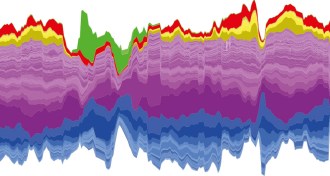 Life
LifeHow one scientist’s gut microbes changed over a year
Computational biologist Lawrence David chronicled changes in his gut microbes for a year.
-
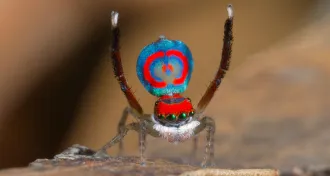 Animals
AnimalsTiny structures give a peacock spider its radiant rump
Peacock spiders use pigments and complex nanostructures to achieve bright dance costumes.
-
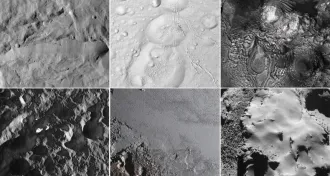 Planetary Science
Planetary ScienceSpacecraft reveal diversity in solar system’s landscapes
The latest generation of interplanetary spacecraft have revealed diverse landscapes on planets, asteroids and comets throughout the solar system.
-
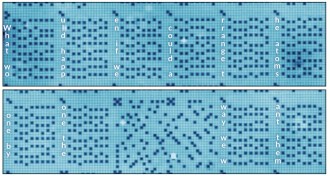 Computing
ComputingSupersmall device uses individual atoms to store data
Scientists manipulate chlorine atoms to store data on a supersmall device.
-
 Animals
AnimalsHow Houdini tadpoles escape certain death
High-speed video of red-eyed tree frog embryos reveals the secrets to their getaway plans.
-
 Animals
AnimalsWhat animals’ life spans can tell us about how people age
The animal world can offer insights into human longevity.
-
 Planetary Science
Planetary ScienceThe 43-year history of journeys to Jupiter, in one graph
With the arrival of Juno, nine spacecraft will have flown past or orbited Jupiter over the last 43 years.